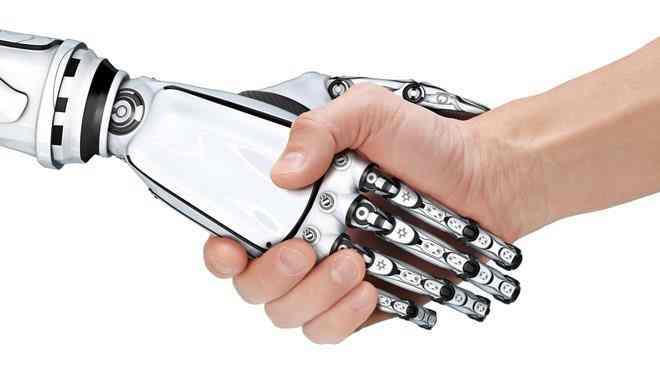In the realm of intelligent artificial organs, sensors play a pivotal role in facilitating the integration of artificial intelligence (AI) technologies.
Here's how sensors are utilized within AI organs:
Data Acquisition: Sensors gather real-time data about physiological parameters, such as temperature, pressure, biochemical markers, and electrical signals. These data streams provide crucial information about the body's status and functioning.
Monitoring and Feedback: The data collected by sensors serve as inputs for AI algorithms, which continuously analyze and interpret the information to monitor the organ's performance and the patient's health status. AI algorithms can detect patterns, anomalies, and trends in the data, providing insights into the organ's functionality and the patient's condition.
Adaptive Control: AI algorithms use sensor data to adjust the behavior of the artificial organ in response to changes in the body or external conditions. For example, an AI-controlled artificial pancreas can dynamically regulate insulin delivery based on variations in blood glucose levels detected by sensors.
Predictive Analytics: By analyzing historical sensor data, AI algorithms can forecast future trends and anticipate potential health issues or organ malfunctions. This predictive capability enables proactive interventions and preventive measures to maintain optimal organ function and patient well-being.
Personalization and Optimization: AI algorithms can learn from sensor data to personalize treatment strategies and optimize the performance of artificial organs for individual patients. By adapting to the patient's unique physiology and preferences, AI-powered organs can enhance efficacy and minimize adverse effects.
Integration with External Systems: Sensors enable seamless integration between AI organs and external systems, such as electronic health records (EHRs), wearable devices, and telemedicine platforms. This connectivity facilitates remote monitoring, data sharing, and collaboration among healthcare providers, ultimately improving patient care and outcomes.
Overall, sensors serve as the eyes and ears of AI organs, providing essential data inputs that drive intelligent decision-making and adaptive behavior. By harnessing the power of AI and sensors, intelligent artificial organs aim to revolutionize healthcare by offering personalized, proactive, and efficient therapeutic solutions.


Comments